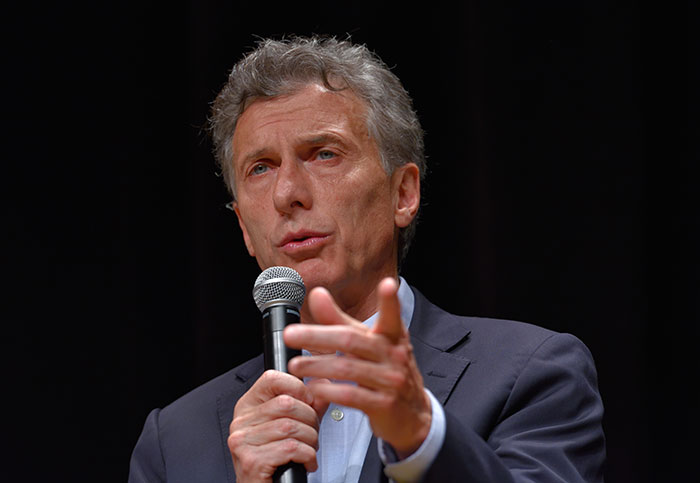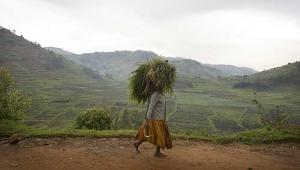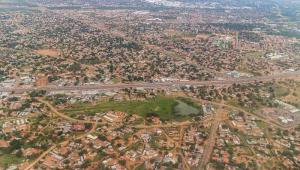web_mauriciomarci_shutterstock_349711475.jpg

Argentinian president Mauricio Macri
Relations between successive Argentinean governments and the Washington-based lender have been hostile since 2001, when the country’s $100bn debt default caused ties to sour.
But the appointment of centre-right, pro-business president Mauricio Macri has taken the country’s economy in a new direction, and thawed relations with Argentina’s creditors and the fund.
The completion of the review represents a substantial improvement in the relationship between the world’s highest economic authority and a key emerging market, which has been struggling through a recession.
In a statement at the end of the IMF’s visit to Argentina, Roberto Cardarelli, who led the team, said the government had made important progress with its “ambitious and much-needed” transition towards a better economic policy framework.
Upon taking office, Macri implemented a host of sweeping reforms, undoing 12 years worth of leftist policies in a bid to jumpstart growth.
He devalued the currency, slashed the public sector payroll by more than 20,000, cut subsidies, and opened up the country to foreign direct investment and stronger ties to the US and Europe.
Macri also settled a messy and long-running dispute with Argentina’s creditors and freed the nation of its status as an economic pariah – a key pledge of his presidential campaign.
In April, Argentina returned to the international bond market for the first time since 2001, with a $16.5bn issue. The proceeds were to be used to repay dues to investors, which Macri’s predecessor Cristina Fernández had described as “vultures” and continued to feud with until losing her office to Macri.
However, the IMF acknowledged that Macri’s overhaul of the nation’s economy “unavoidably” had adverse consequences in the short term. Cardarelli said the fund’s review focused on measures to restore sustainable growth, boost job creation, and protect the most vulnerable segments of society.
Within the first two months of his rule, Macri was facing national public sector strikes as discontented workers protested soaring inflation and job cuts.
Cardarelli said his government’s plans for bringing down inflation and reducing the budget deficit will “need to be sensitive to the impact on growth, jobs, and the most vulnerable”.
Macri had already narrowed the budget deficit by 91% year-on-year by March 2016, from $91bn to $36m.
The fund said stronger public expenditure management, further governance improvements and increased public spending efficiency would enable the nation to decrease the tax burden while shoring up the public finances.
“Finally, strong, sustained and equitable growth will require the implementation of an ambitious agenda of supply-side reforms,” added Cardarelli.
“Such reforms will create an environment that is more conducive to private investment and will generate significant medium-term dividends in terms of more and better jobs, as well as a steady improvement in living standards for Argentina’s population.”













